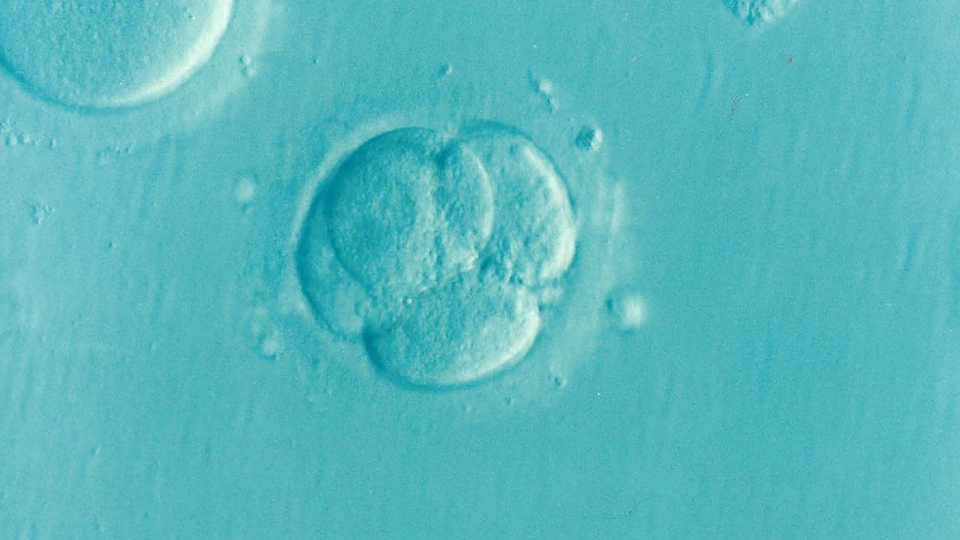What is Embryo Donation?

Patients who undergo In Vitro Fertilization generally seek to create multiple embryos to maximize their chances of having one or more children. Embryos that are not used right away are frozen (cryopreserved) for later use. Oftentimes, IVF patients do not use all of their frozen embryos. This could be for a number of reasons. The patient may have successfully had the desired number of children. The patient may have had one or more failed cycles and decided to turn to other family building options. Or, the patient may have even split from his or her partner.
When frozen (cryopreserved) embryos are left over, the IVF patient must eventually decide what to do with them. The patient can dispose of them, donate them to science (primarily for use in training), keep them frozen indefinitely, or donate them to another family or individual.
There are many different options for embryo donation. In some cases the donor can donate the embryos back to their own clinic, which will facilitate a transfer to another patient. The donor can also donate the embryos to another clinic such as the National Embryo Donation Center in Knoxville, Tennessee, Embryo Donation International in Fort Myers. These clinics attract patients from across the country and even abroad who are seeking frozen embryos. Additionally, a donor can find a recipient on a matching website, such as National Registry for Adoption (NRFA) or Miracles Waiting, on social media site (i.e. Facebook), or through a program like Snowflakes, a division of Nighlight Christian Adoptions.
Embryo Donation in Florida
Some states, like Florida, have a statute that governs embryo donation.
Florida Statute Section 742.14 provides that eggs, sperm, and pre-embryos (equivalent to embryos) can be donated and that the donor relinquishes all rights and responsibilities related to such material as well as the resulting children. There is an exception for donations done for the purposes of a preplanned adoption under Chapter 63 and gestational surrogacy under Chapter 742.
A donor may not receive anything of value other than “reasonable compensation” directly related to the donation. Another Florida Statute states that no person shall sell or purchase a human embryo beyond reasonable costs associated with removal, storage, and transportation o the human embryo. See Fla. Stat. 873.05.
Florida Statute 742.17 addresses the disposition of eggs, sperm, and embryos. This statute requires that agreements be entered into between the commissioning couple and treating physician regarding the disposition of reproductive material in cases of divorce, death, or other unforeseen circumstance. This statute does not address the donation of embryos.
There is no requirement in Florida that embryo donation receive court-approval. Upon donation, the embryo becomes the legal property of the recipient.
How Can the Law Office of Janelle A. Weber Help With Embryo Donation
Our firm drafts and reviews embryo donation contracts for donors and recipients. We can review the standard contract provided by the clinic or embryo donation agency. We can also draft a contract for a private donation. We will ensure that your embryo donation comports with all applicable laws and protects the rights of the donors and recipients.
It is especially important to have a contract drafted by an attorney when you are considering an open embryo donation (where the parties know each other and in some cases, seek to maintain a relationship after the birth). A lawyer can tailor the contract to the particular level of openness you desire and can include terms that you may not have even considered. In most cases, the recipient pays for the attorneys’ fees of the embryo donor.
Call us today to schedule an embryo donation consultation today.

